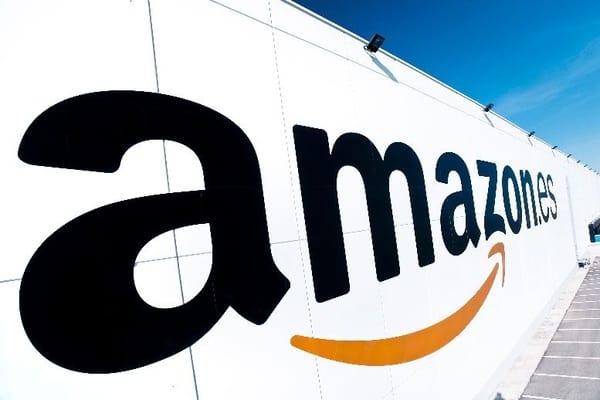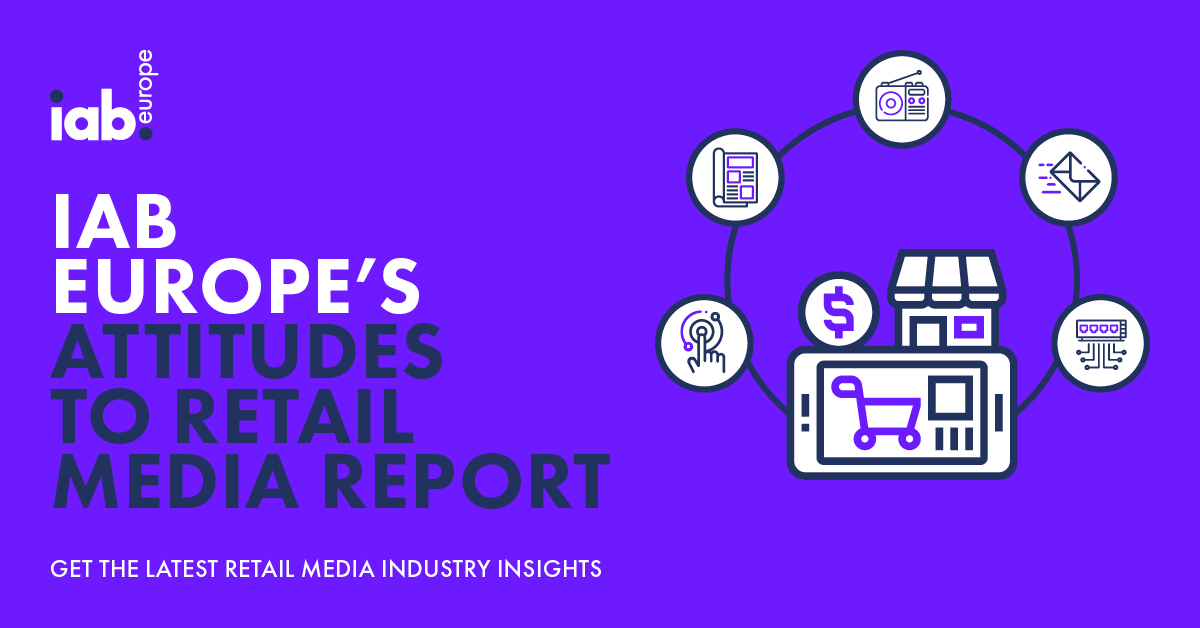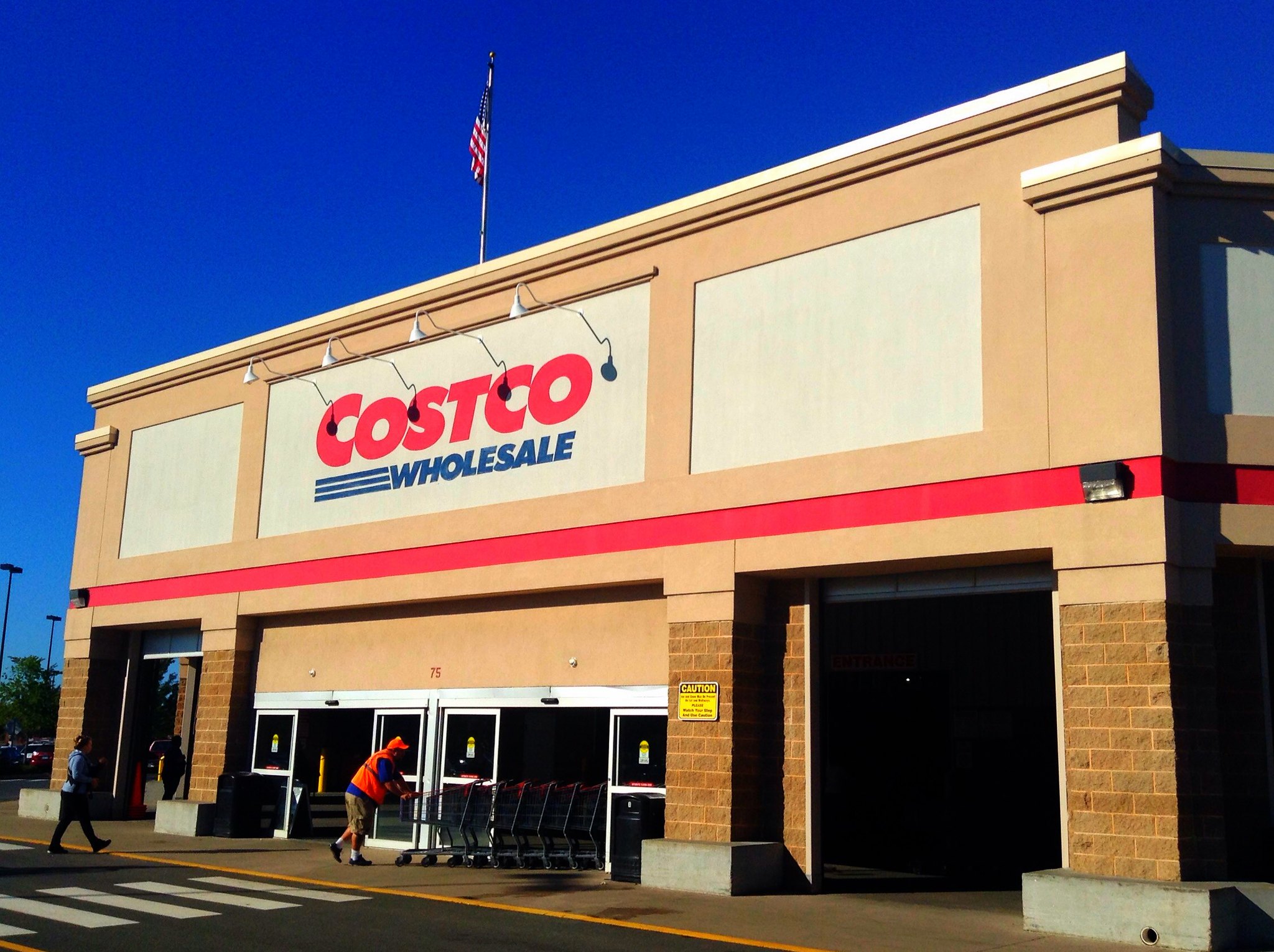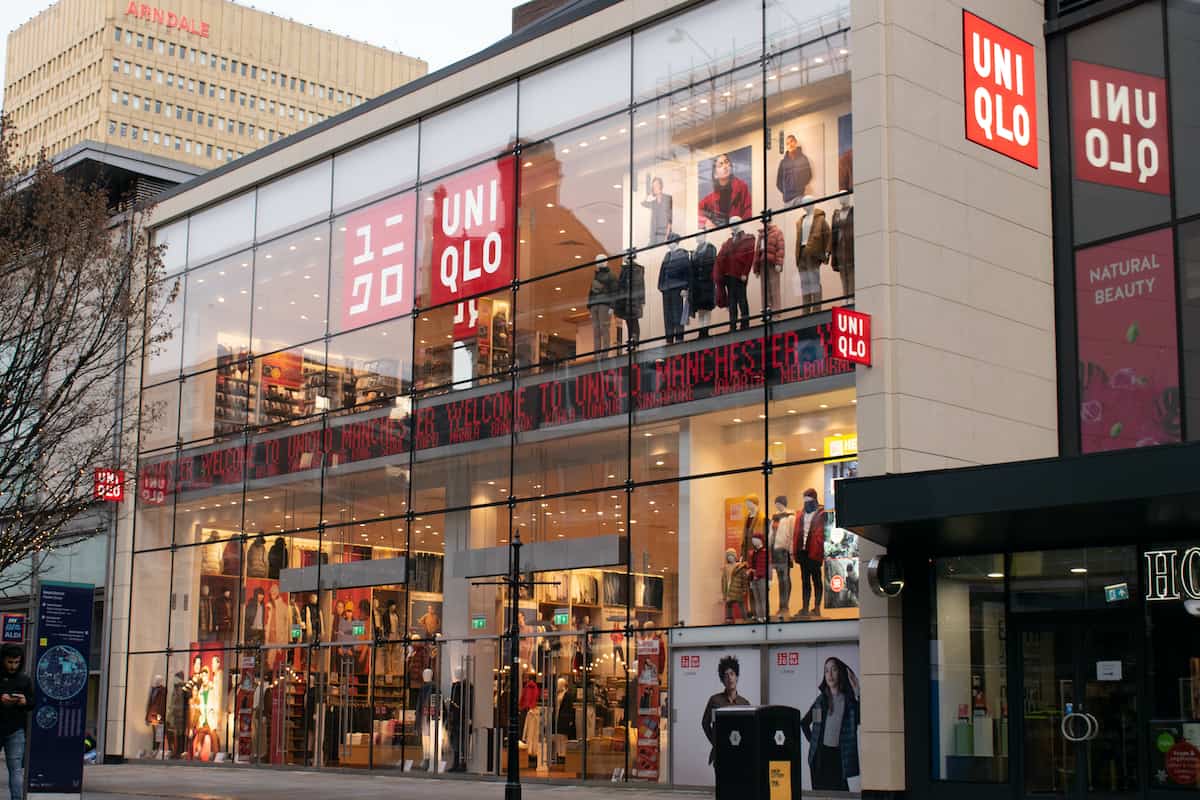Shoppers want a joined-up, connected shopping experience post-pandemic – but how do retailers deliver that and deliver growth?
A global survey of 20,000 shoppers, conducted by consumer trends agency Foresight Factory and commissioned by Snap, finds UK consumers are more inclined to shop online in the coming year than those in the United States, France and Japan, among other countries.
Yet while 44% of them are going to do the majority of their clothing shopping, as an example, online, they are also still looking to visit stores. A separate study finds that they are also going to be doing more digital shopping in-store on mobile and are set to use marketplaces even more than before.
The key winner in this new ‘connected retail’ world are marketplaces. 40% of post-pandemic online retail is set to be on marketplaces. Already 42% of spending went to Amazon, Alibaba, JD.com, Mercado Libre and eBay, with more than a quarter of total UK ecommerce spend happening on Amazon alone.
Shoppers too seem wedded to the idea of marketplaces in the months and years ahead, with two-thirds (64%) saying they are excited by the prospect of buying everything through one retailer or marketplace in future.
But this is a challenge for retailers. A poll of European retailers finds that more than half (51%) of ecommerce decision makers find Amazon hard to navigate, while more than two in five agree that gaining control of their brand on Amazon is difficult – but there are ways to make it work. Margin pressures, visibility, stock-outs and list suppression top the list of gripes.
The answer lies in more of a hybrid approach. This enables retailers to build up listings and history, grow their sales and margin via Amazon’s third-party (3P) model, while at the same time protecting their first-party (1P) relationship.
A third (32%) of survey respondents said they are already selling both directly and via a third party.
An exemplar of this is how UK based family business iLikeStores has enjoyed a 15% increase in sales, alongside achieving £800,000 in sales within its first year of the collaboration with DIY marketplace Mano Mano.
Alongside ManoMano’s dedicated expert guidance and access to a large DIY, Home & Garden customer base across Europe, iLikeStores has started to establish itself as one of the leading ‘Garden Buildings’ online retailers in the UK.
Much of this success has been down to a collaborative approach between iLike and Mano Mano – something that the crop of more niche marketplaces that are springing up are increasingly keen to exploit.
This approach is going to be key to creating growth through ecommerce, marketplaces and mobile. These are the places consumers are looking to buy, it is now up to retailers to find the strategies that can deliver what shoppers want and generate sales growth.









